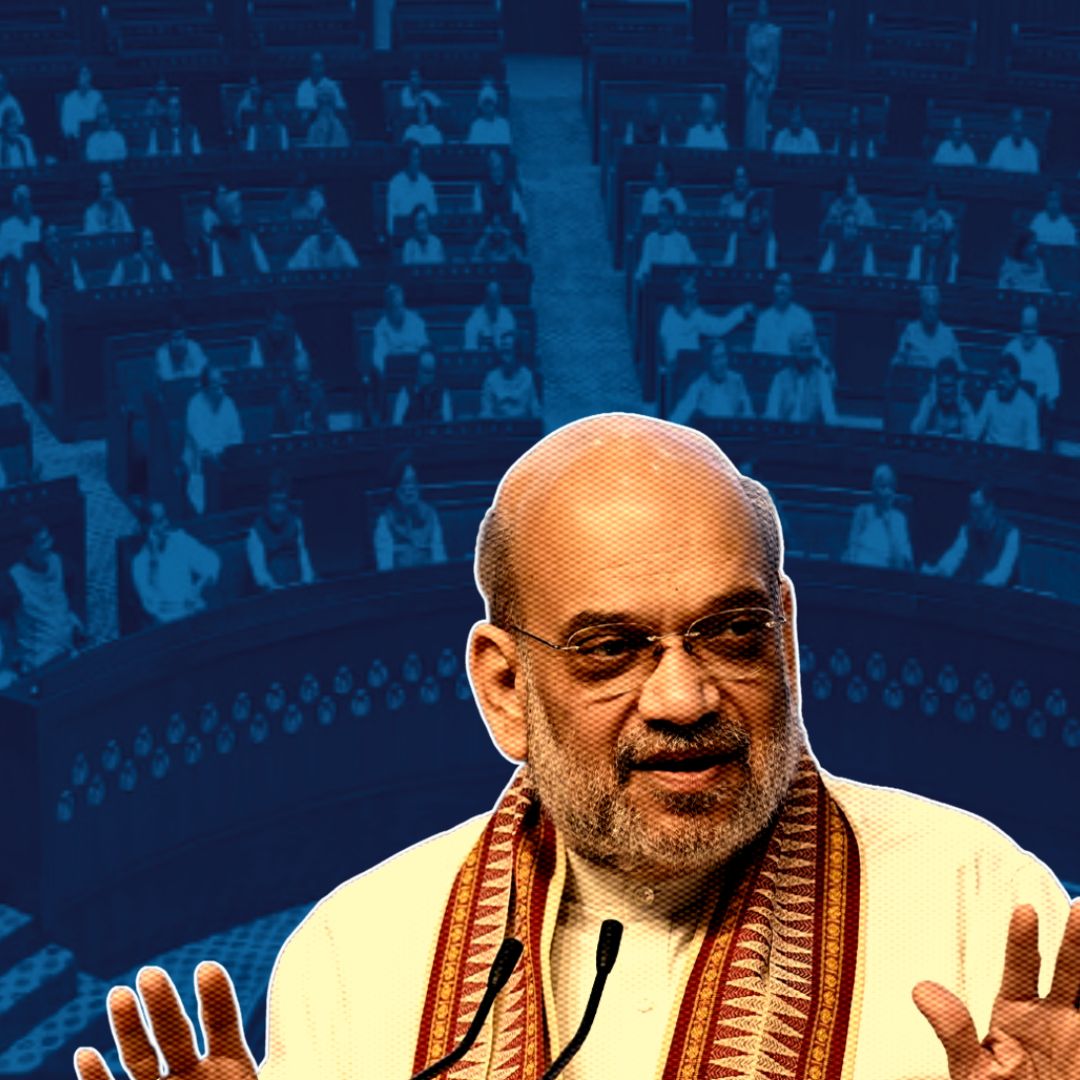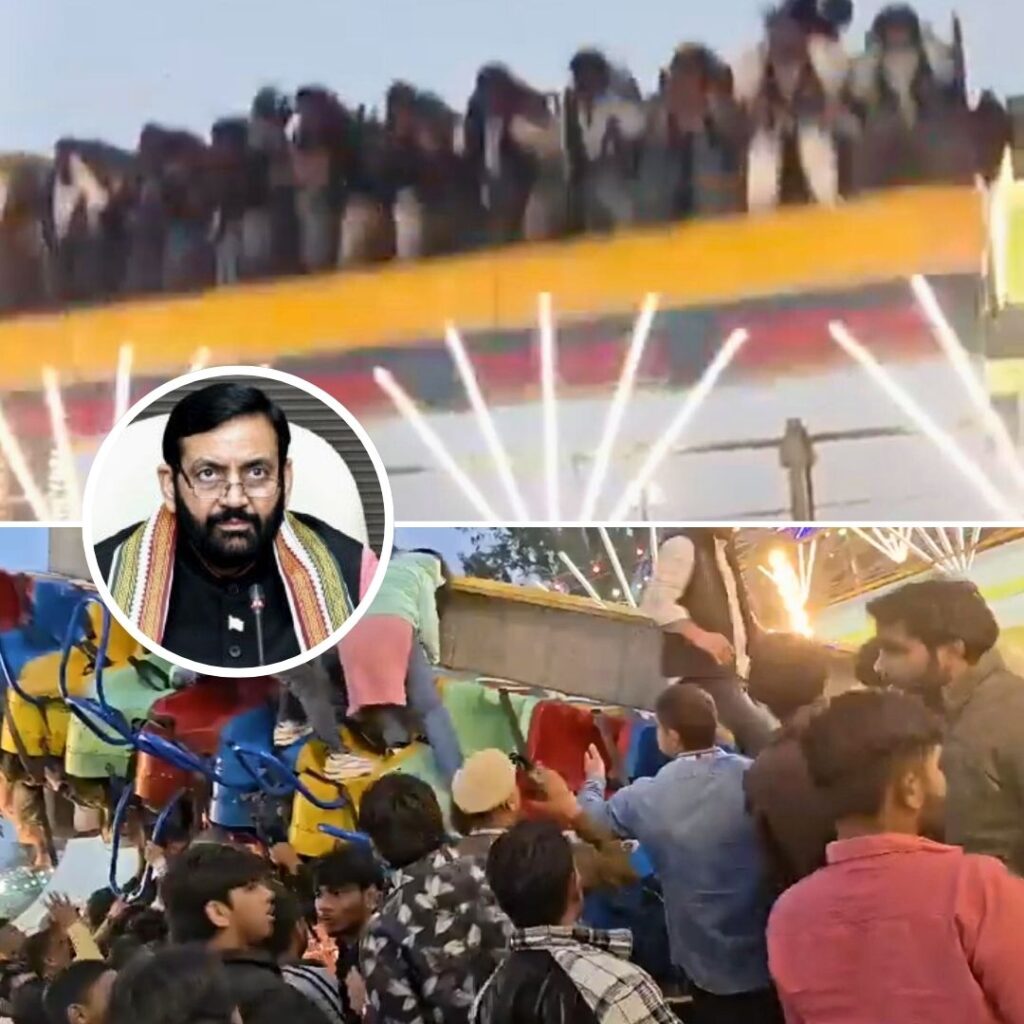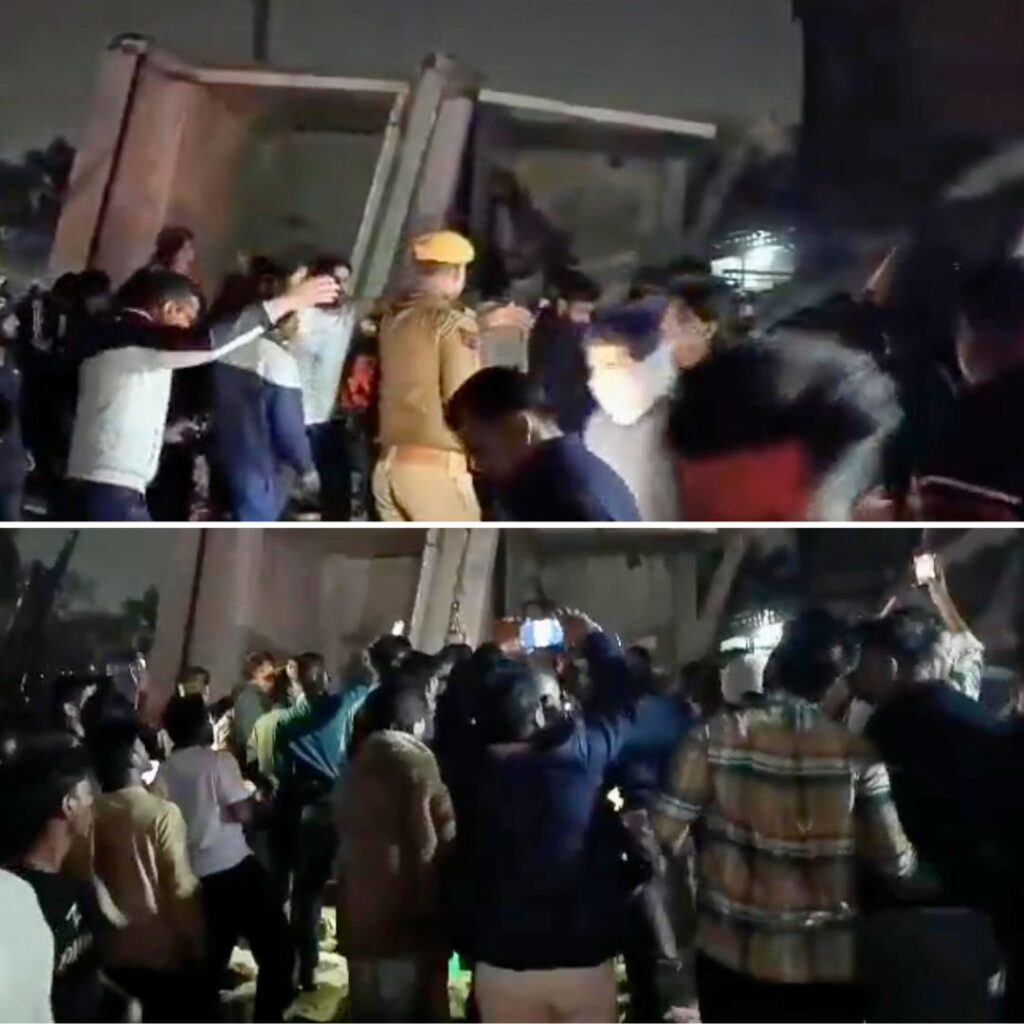Union Home Minister Amit Shah recently announced in the Rajya Sabha that a crucial meeting between the Meitei and Kuki-Zo communities from Manipur is scheduled to take place in Delhi on April 5, 2025. This meeting is part of ongoing efforts to resolve the ethnic tensions that have resulted in over 260 deaths since May 2023.
The Kuki-Zo leadership has set three preconditions for the talks: restricting movement between the two communities, a six-month cessation of hostilities, and initiating structured dialogue during the ceasefire. Shah emphasized the government’s commitment to peace while dismissing opposition claims of political mishandling.
Preconditions for Peace Talks
In preparation for the April 5 discussions, Kuki-Zo leaders proposed three non-negotiable conditions during a consultation meeting in Kangpokpi district.
Henlianthang Thanglet, Chairman of the Kuki-Zo Council, outlined these conditions as restricting movement between Meitei and Kuki-Zo areas, halting violence for six months to facilitate negotiations, and initiating formal dialogue during this period.
Shah, addressing Parliament, stressed that dialogue is essential for reconciliation and noted that no violence has been reported in Manipur over the past four months. Relief camps continue to provide essential services like food, education, and medical aid to displaced individuals.
Background on Manipur’s Ethnic Unrest
The ethnic violence in Manipur began in May 2023 following disputes over the Meitei community’s demand for Scheduled Tribe status. This conflict has displaced over 60,000 people and created deep divisions between the Meitei-dominated Imphal Valley and the Kuki-Zo-inhabited hill regions.
President’s Rule was imposed in February 2025 after Chief Minister N Biren Singh resigned amidst criticism of his administration’s handling of the crisis. Despite reduced violence under central rule, recent clashes highlight ongoing distrust. The government has held 13 meetings with both communities but faces challenges in bridging divides.
Government’s Role in Conflict Resolution
The central government’s efforts to mediate between the communities have been ongoing, with Shah highlighting the importance of dialogue in resolving ethnic tensions. However, critics argue that more needs to be done to address the root causes of the conflict and ensure long-term peace.
The upcoming talks in Delhi will be crucial in determining the effectiveness of these efforts. The government must balance the need for immediate peace with the necessity of addressing systemic issues that have fueled the conflict. This includes addressing economic disparities, political representation, and cultural recognition for both communities.
The Logical Indian’s Perspective
The Logical Indian views the upcoming talks as a critical opportunity to foster trust and reconciliation between Manipur’s communities. While the preconditions reflect deep-seated grievances, they also signal a willingness to negotiate—a step towards healing.
We urge all stakeholders to prioritize empathy and coexistence while addressing systemic issues fueling discord. It is essential for citizens to support sustained peace efforts by promoting understanding and respect for diverse cultures and perspectives. How can we as citizens contribute to creating a conducive environment for peace in Manipur? Share your thoughts below!











